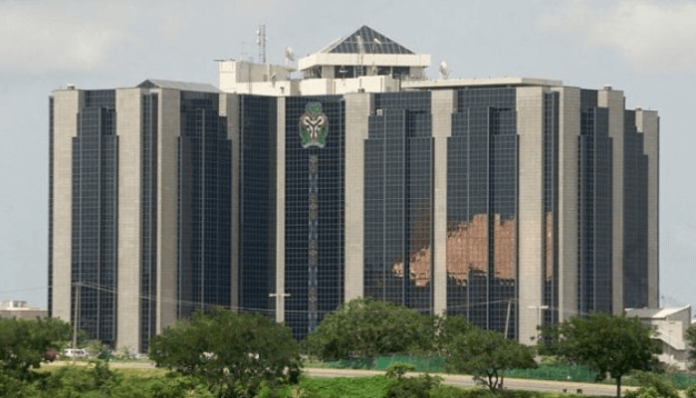The Central Bank of Nigeria has announced a notable increase in its Net Foreign Exchange Reserve standing, hitting $23.11 billion by the conclusion of 2024 marking the highest level in more than three years.
This marks a notable improvement from $3.99 billion in 2023, $8.19 billion in 2022, and $14.59 billion in 2021.
The increase in reserves is due to the CBN’s intentional reduction of short-term foreign exchange commitments, such as FX swaps and forward obligations.
The bank also cited enhanced investor confidence and rising non-oil foreign exchange inflows as important drivers of the stronger reserve position.
Gross external reserves also increased, reaching $40.19 billion, up from $33.22 billion at the end of 2023.
The CBN Governor, Olayemi Cardoso, emphasized that the improvement was a result of deliberate policy measures aimed at strengthening Nigeria’s external liquidity.
“This improvement in our net reserves is not accidental; it is the outcome of deliberate policy choices aimed at rebuilding confidence, reducing vulnerabilities, and laying the foundation for long-term stability,” Cardoso stated.
The CBN acknowledged seasonal changes in the first quarter of 2025, including interest payments on foreign-denominated loans, but emphasised that fundamentals remain robust, with reserves expected to improve further in the second quarter.
In the future, employees are expected to increase reserves continuously, supported by higher oil production and export growth, which will improve non -FX increase and diversify external items.
The bank has reaffirmed the commitment to carefully manage reserves, transparent reports and macroeconomic policies to promote stable exchange rates, attract investment and enhance long -term economic recovery.

